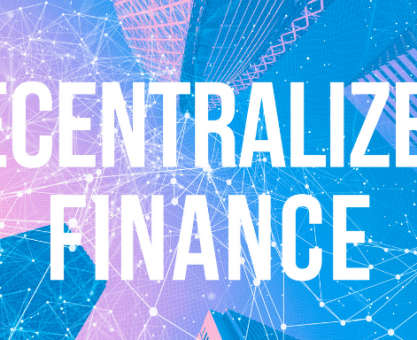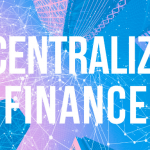Executive Summary
-
DeFi is revolutionizing the financial industry but poses significant regulatory challenges.
-
Understanding key regulatory frameworks can mitigate risks and ensure compliance.
-
Strategic insights and expert tips for navigating DeFi regulations effectively.
-
Tools and resources to assist in staying compliant and competitive in the DeFi market.
Introduction
The rise of Decentralized Finance (DeFi) has been nothing short of a revolution, offering unprecedented access to financial services without traditional intermediaries. However, this innovation comes with its own set of regulatory challenges. For investors, founders, and corporates, understanding these challenges is crucial as they navigate the evolving landscape of DeFi in 2025. In this article, we’ll explore the key regulatory hurdles within the DeFi space and provide actionable insights to help you navigate them effectively.
Definitions / Context
Decentralized Finance, or DeFi, is a blockchain-based form of finance that leverages smart contracts to replicate and innovate upon traditional financial systems, such as lending, borrowing, and trading. Unlike traditional finance, DeFi operates without central authority, making it both attractive and complex in regulatory terms.
Benefits / Pros
-
Accessibility: DeFi allows anyone with internet access to participate in financial activities.
-
Transparency: Blockchain technology ensures transparent transactions and reduces fraud.
-
Innovation: DeFi encourages innovative financial products and services that traditional finance might not offer.
Risks / Cons / Challenges
-
Regulatory Uncertainty: DeFi operates in a gray area of regulation, posing compliance challenges.
-
Security Risks: Smart contract vulnerabilities can lead to significant financial loss.
-
Lack of Consumer Protections: Users may face challenges in recourse and dispute resolution.
Step-by-Step Process
How to Navigate DeFi Regulations in 2025:
-
Stay Informed: Regularly update yourself with global regulatory developments.
-
Engage Legal Expertise: Consult with legal advisors specialized in blockchain and finance.
-
Implement Robust Compliance Frameworks: Develop compliance policies that align with emerging regulations.
-
Utilize Technology Solutions: Leverage compliance monitoring tools to ensure adherence to regulations.
Consider a DeFi platform that successfully navigated regulatory hurdles by proactively engaging with regulators and implementing a comprehensive compliance strategy. This approach not only mitigated risks but also increased investor confidence and platform credibility.
Case Study: Regulatory-Compliant DeFi Platform
Expert Tips / Strategic Insights
-
Epiidosis Recommends: Establishing a direct line of communication with regulators can provide clarity and potentially influence favorable regulatory outcomes.
-
Diversify Jurisdictional Exposure: Explore jurisdictions with favorable regulatory frameworks for DeFi to minimize risk.
Tools / Resources / Calculators
-
Compliance Checklists: Use checklists tailored to DeFi regulations.
-
Regulatory Monitoring Tools: Implement tools that provide real-time updates on regulatory changes.
-
Educational Resources: Access courses and webinars on DeFi compliance and best practices.
Conclusion
Navigating the regulatory challenges in the DeFi space for 2025 requires a proactive and informed approach. By understanding the potential risks and leveraging expert insights and tools, businesses can successfully mitigate compliance issues and capitalize on the opportunities presented by DeFi. For a personalized strategy, consider consulting with our advisors.























